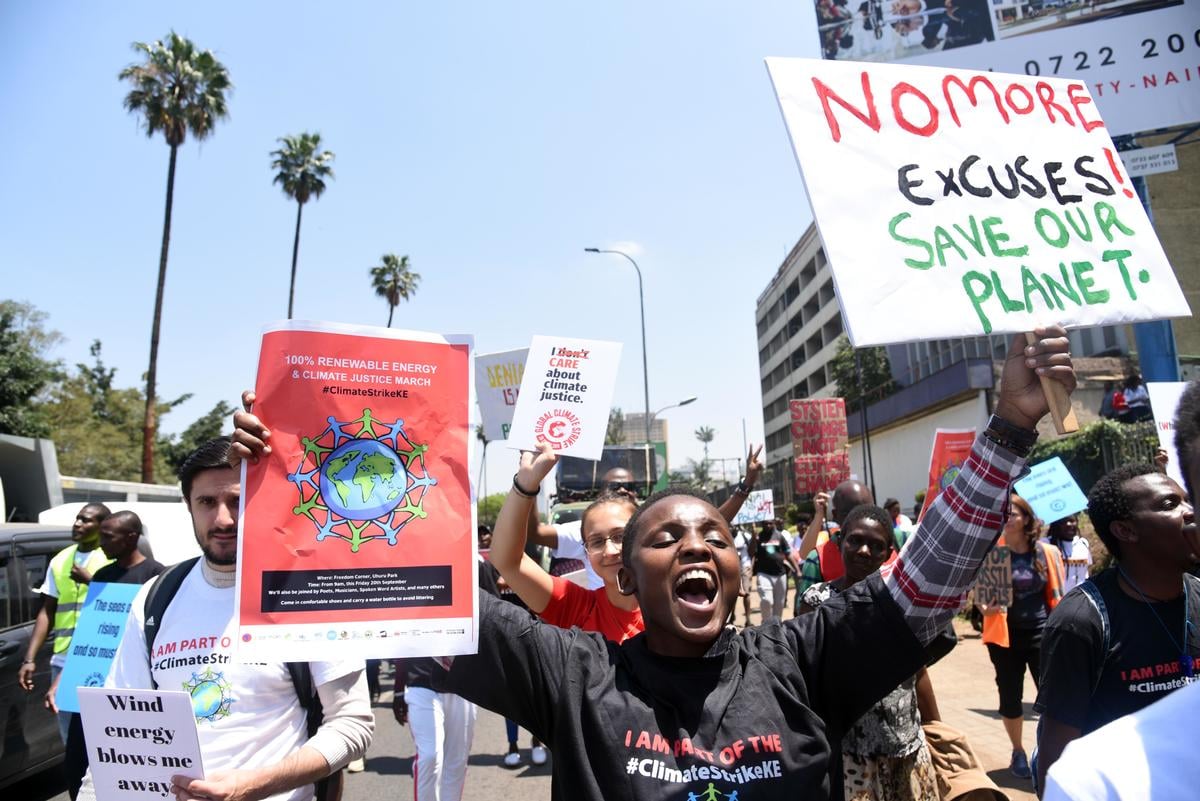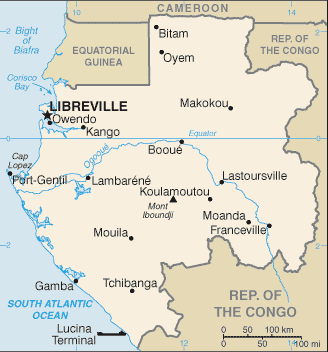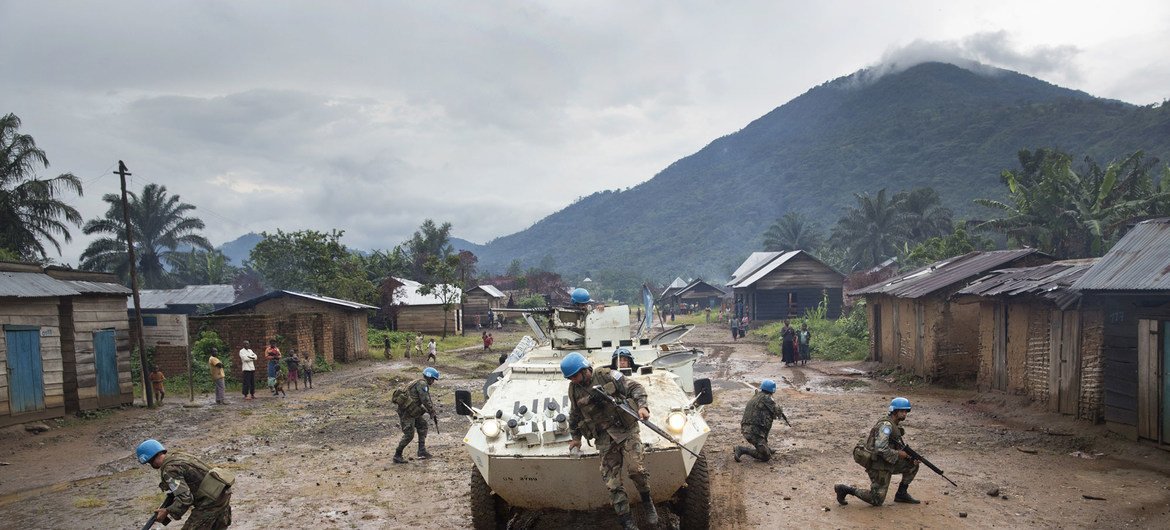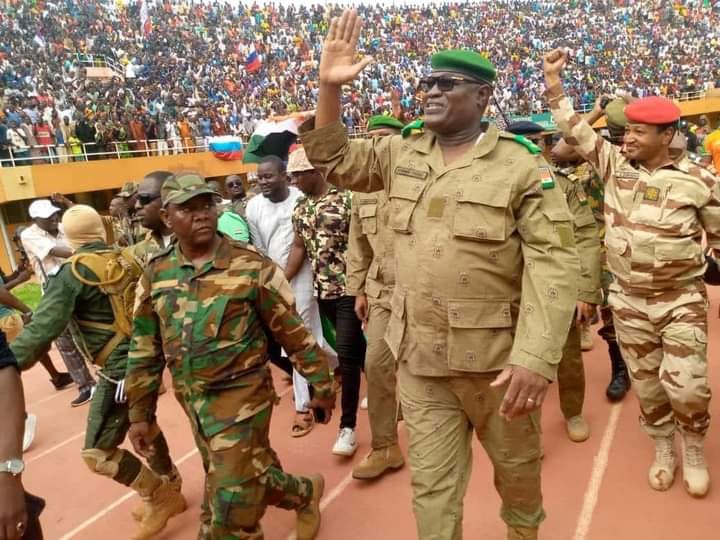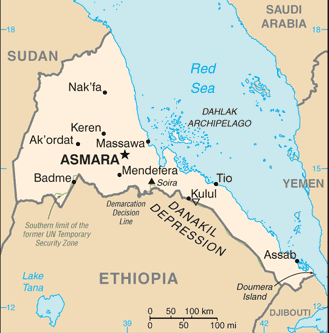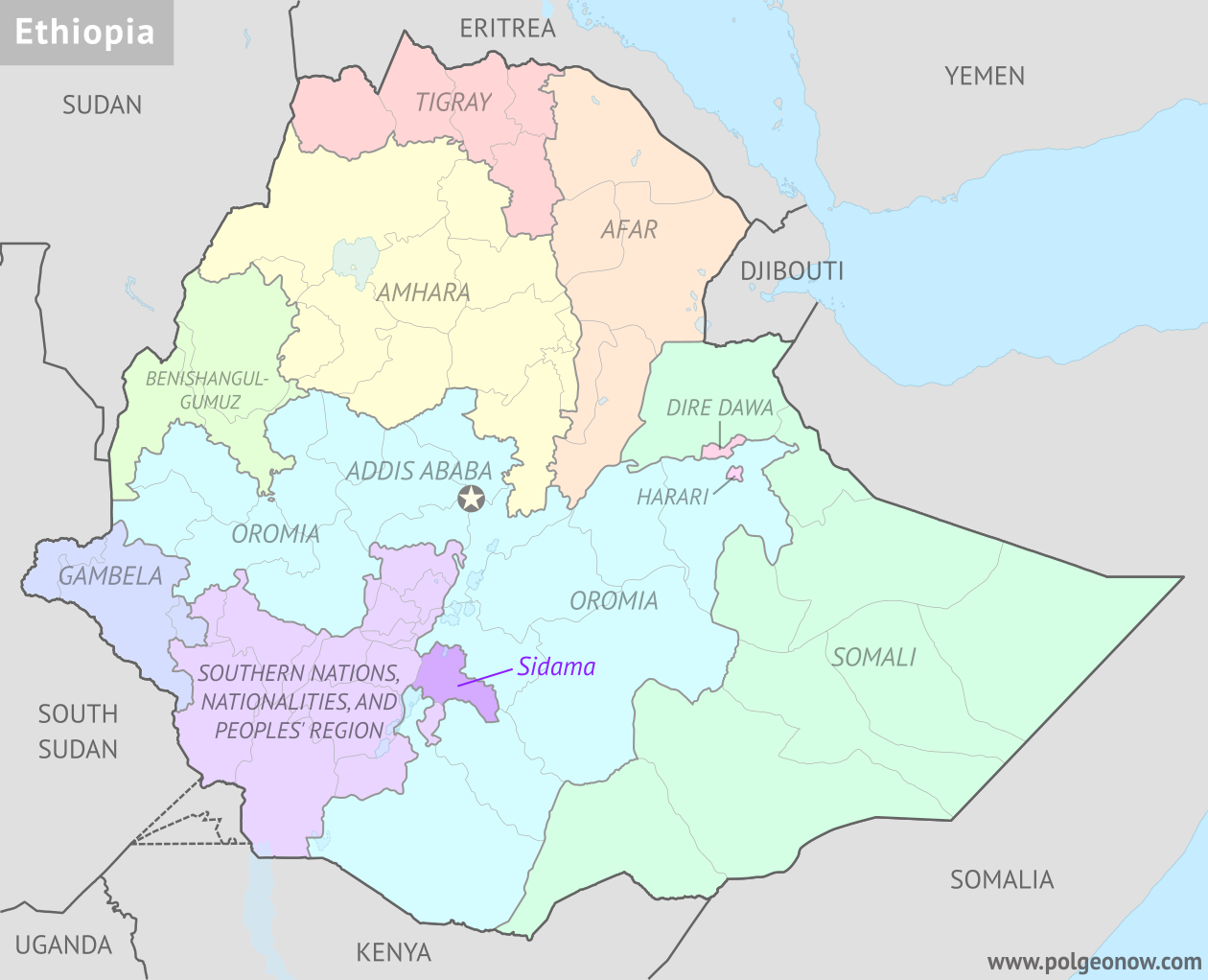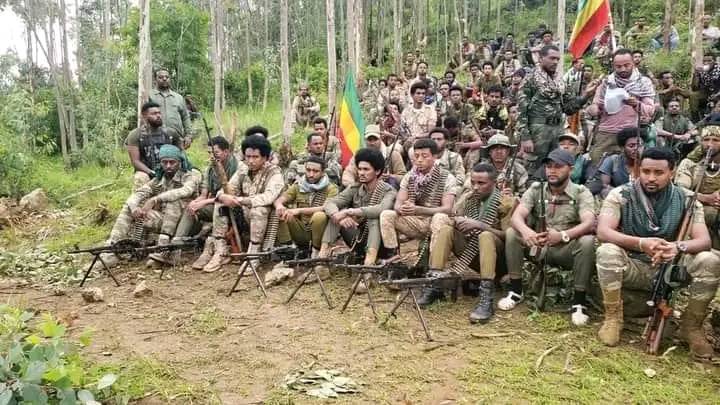
Mali: Tuareg rebels call for ‘fall of the junta’
The ruling military junta in Mali announced the indefinite postponement of presidential elections that had been scheduled for February 2024. The announcement comes as one of the Tuareg rebel groups in the country’s north, which have observed a ceasefire since 2015, called for renewed armed struggle to remove the junta from power. Fahad Ag Almahmoud, a leader of the Imghad Tuareg Self-Defense Group (GATIA), said in a statement: “We are in a war that the junta in Bamako wants. We will continue this war until all of Mali that has been taken hostage by the five colonels is liberated.” (Map: PCL)




